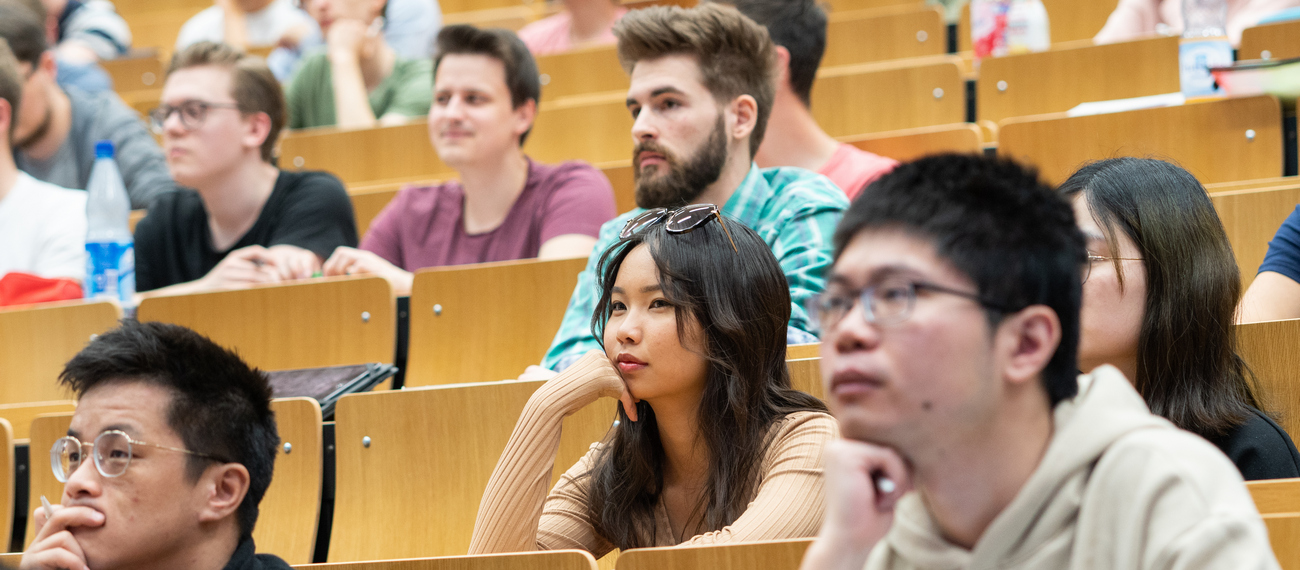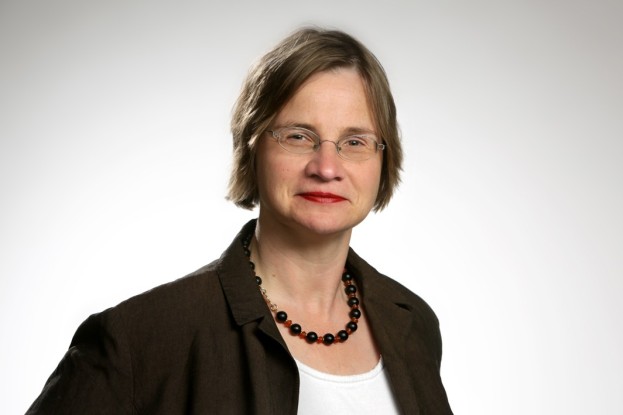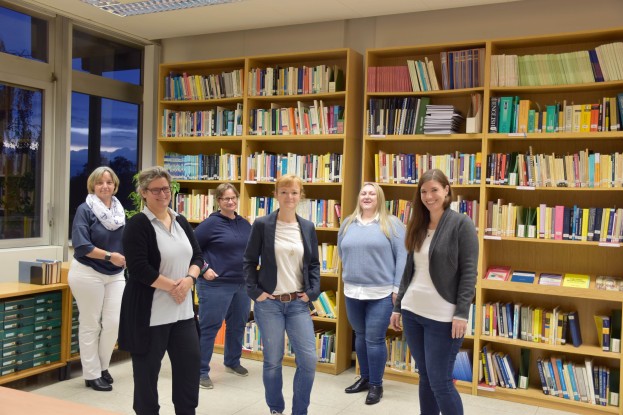Our study programmes in the overview
On this page we present our new Master's programme, which is taught entirely in English. This degree programme combines the best of our two previous degree programmes: The variety of fields of study in the German-language Master's programme and the internationality of the English-language programme.
On the following pages we present our new programme in detail:
Master of Science Mathematics
In this study programme you have the choice between four different fields of study:
- Mathematics
- Business Mathematics
- Mathematics Interdisciplinary
- Mathematics in Data Science
The field of study Mathematics is for the all-rounders among you. Here you have the opportunity to develop your full potential and to choose exactly the specialisation that suits you. Please note the requirements you should bring along from your Bachelor's degree. This degree programme also gives you the opportunity to forgo the minor subject and continue your studies in mathematics instead.
In the field of Business Mathematics, the proportion of business courses increases once again compared to the Bachelor's programme. You will choose one mathematical specialisation from Optimisation or Stochastics and the second specialisation from Economics modules. The major subject is rounded off by the minor subject of Economics with a possible focus on business informatics.
Your studies will be even more versatile with the Mathematics Interdisciplinary major. Here, you choose a non-mathematical subject as a second specialisation and, as in Business Mathematics, you also take only one mathematical specialisation. The minor subject should correspond to the non-mathematical specialisation. Popular specializations are, for example, computer science or physics.
The major Mathematics in Data Science prepares you for a promising professional field. You choose two out of four possible mathematical specialisations (Analysis (Data Science), Numerics (Data Science), Optimisation (Data Science), Stochastics (Data Science) (opens in new tab)). The minor subject computer science also makes up a large proportion of this specialisation. New lecures (opens in new tab) have been designed for these specialisations.
About us
How is the Master's programme structured? What are the fields of work? What are the advantages of studying in Germany? These and many more questions are answered in this video. Have fun!



